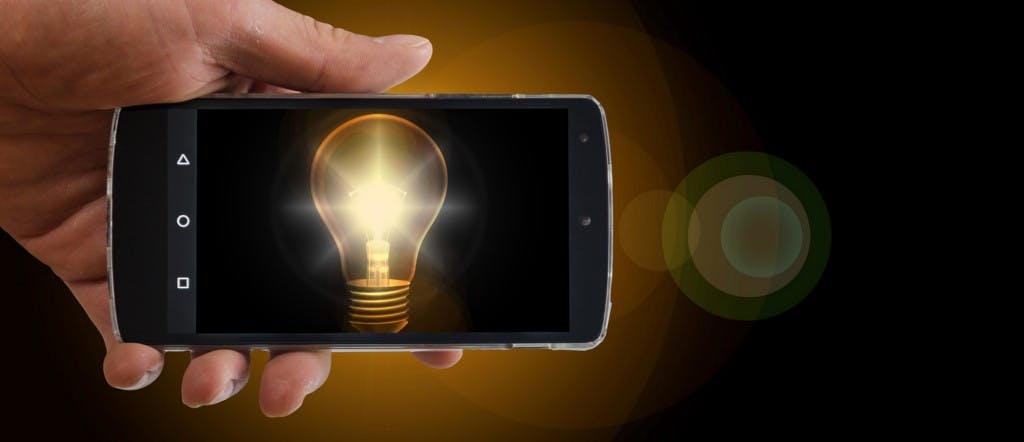811 reads
7 High-potential startup concepts
by
October 10th, 2017

Technology, Product and Innovation Advisor • Author of "The Innovation Mode"
About Author
Technology, Product and Innovation Advisor • Author of "The Innovation Mode"
Comments
TOPICS
Related Stories
10 Random Tech Product Ideas
Sep 23, 2017
10 Random Tech Product Ideas
Sep 23, 2017
